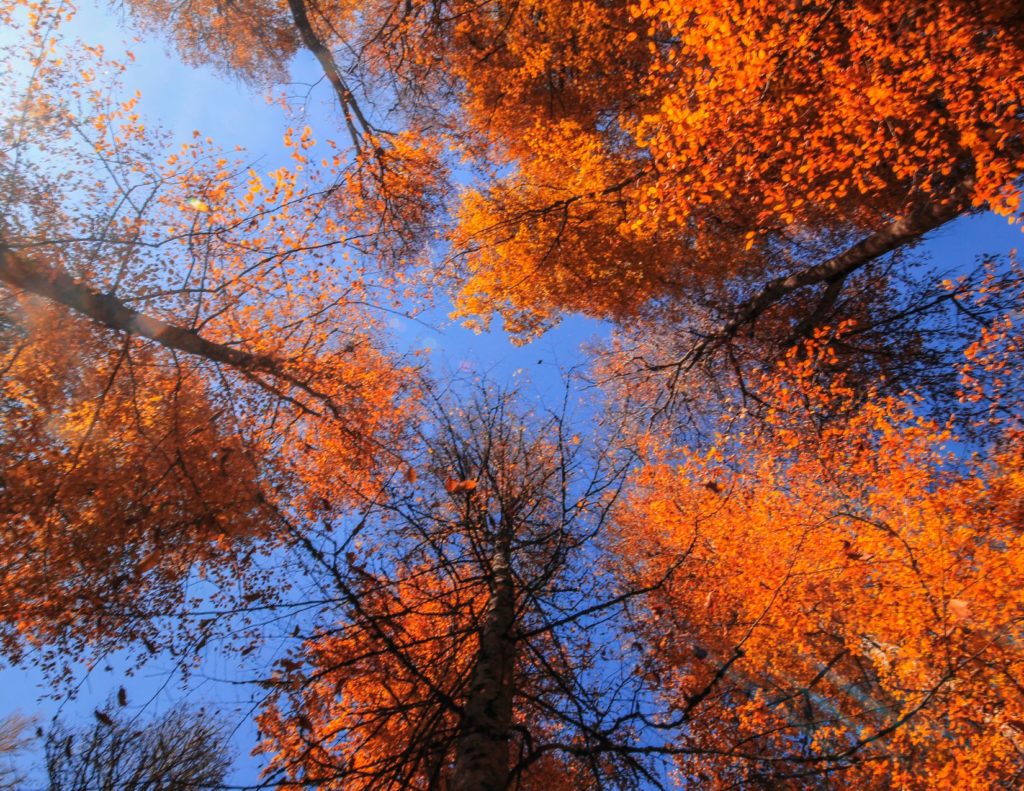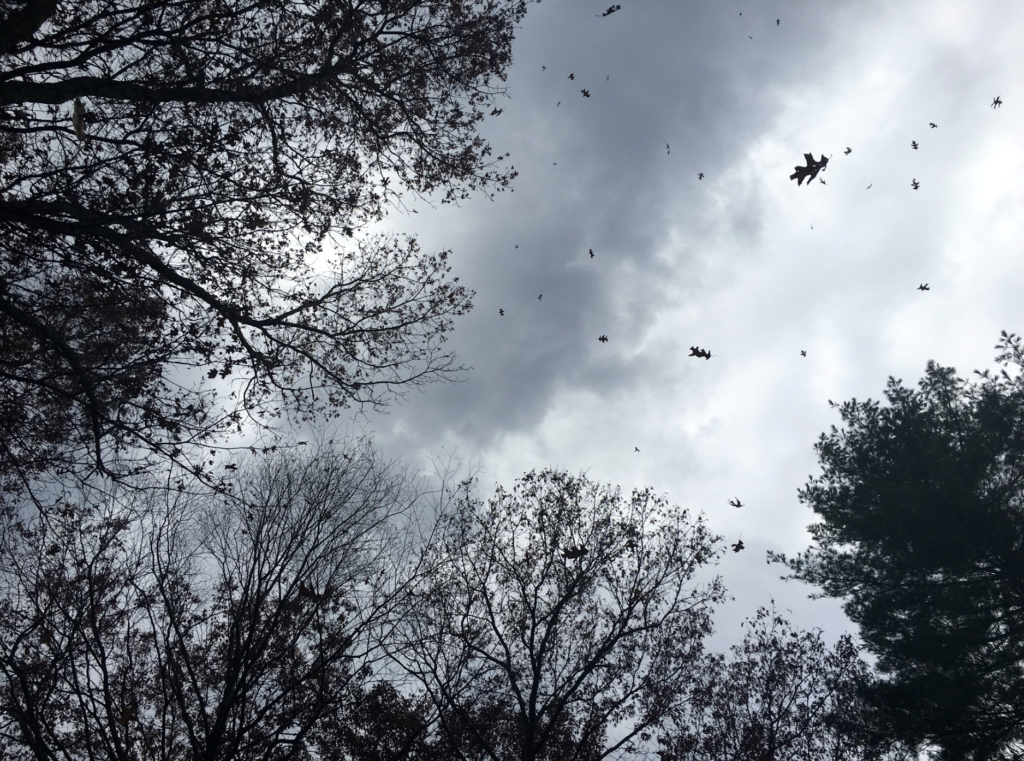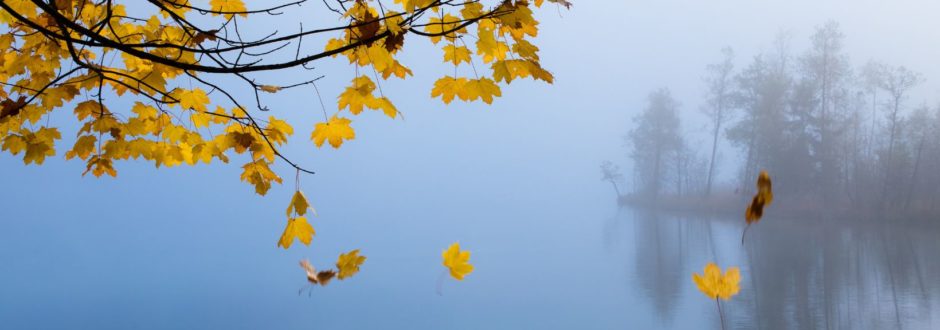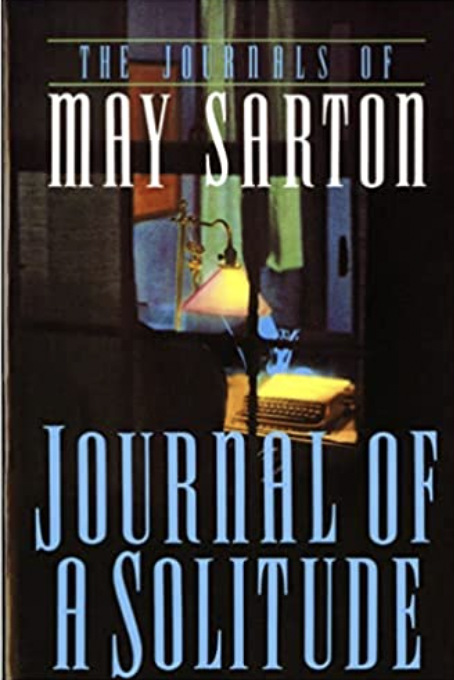“Life starts all over again when it gets crisp in the fall,” wrote F. Scott Fitzgerald in The Great Gatsby.
Having come across these words in a 2017 piece in The Atlantic, “Why Back-to-School Season Feels Like the New Year – Even for Adults”, I was reminded of the strange grasp that both nostalgia and hope often have on us as we approach autumn; of our heart’s aching for past joys and memories, gently soothed by the hopeful anticipation of things to come.
Perhaps it’s because, as the article notes, roughly half of one’s lifespan is tied to an academic calendar – from being in school through young adolescence to becoming the parents of school-aged children.
Or perhaps because we long for one last chance to make “all things right” before the year’s end. But Fall really does seem to signal the start of a new “life”, a new beginning, a new opportunity to usher in change alongside the changing color of leaves.

Even Rosh Hashanah, the Jewish New Year, is celebrated in autumn, culminating 10 days from its start with Yom Kippur, the Day of Atonement – considered the holiest day of the Jewish calendar.
“On Yom Kippur, the atmosphere reaches a peak of intensity in a day of fasting and prayer,” writes Jonathan Sacks in an essay for the Wall Street Journal. “Repeatedly we confess our sins, whole alphabetical litanies of them, including ones we probably had neither the time nor the imagination to commit.”
He continues: “And at the end of a long and wrenching day, we finish as we began 10 days earlier, with the sound of the ram’s horn—this time not with tears and fears but with cautious yet confident hope.”
Indeed, hope and new life are born through the relinquishment of the old – of past seasons and ways of being, of past errors and mistakes, of the regrets, losses and despairs that mark the human experience.
The prolific author and poet May Sarton (1912-1995) wrote in Journal of a Solitude (1973):
“Does anything in nature despair except man? An animal with a food caught in a trap does not seem to despair. It is too busy trying to survive. It is all closed in, to a kind of still, intense waiting.”
She goes on to write:
“Is this a key? Keep busy with survival. Imitate the trees. Learn to lose in order to recover, and remember that nothing stays the same for long, even pain…[s]it it out. Let it all pass. Let it go.”
Imitate the trees.
Let it all pass.
Let it go.
What a beautiful lesson for all of us. For it is only in the relinquishment of the old that we can fully embrace the promise of a new season, and the hope for change that it brings, knowing that the cyclical rhythm of nature will afford us many more new chances, new beginnings, should we need to, as we no doubt will, “start all over again.”

Similar posts:
- Letting Go: The Bhagavad Gita on the Importance of Non-attachment
- The Dalai Lama and Archbishop Desmond Tutu on the Four Qualities of the Mind that Lead to Joyful Living
- Saint Augustine on the Happy Life and Finding Joy
- The Secret to Self-Acceptance
- The Four Agreements: Why We Shouldn’t Take Things Personally
- A Lenten Reflection on Returning to and Surrendering to God
- What to Hold Onto When Things Feel Impossible



I needed that!!! Thank you!